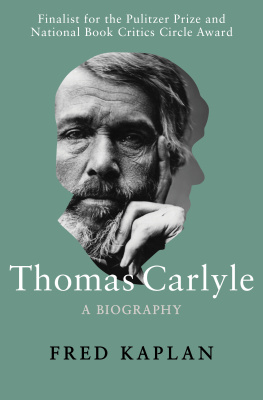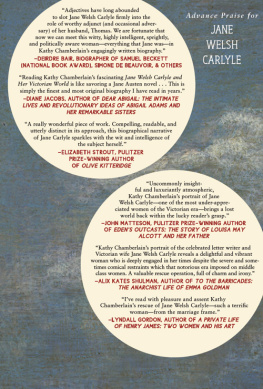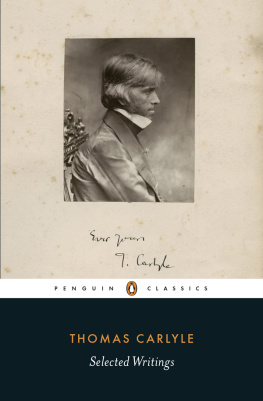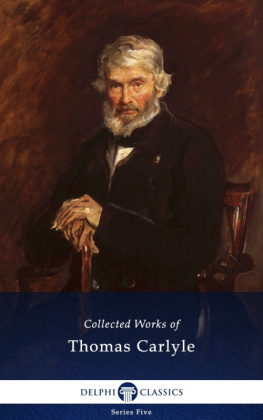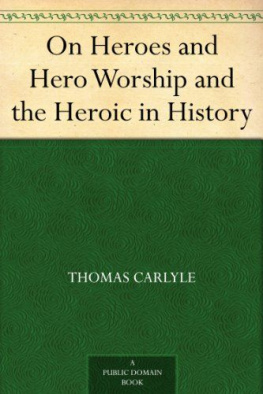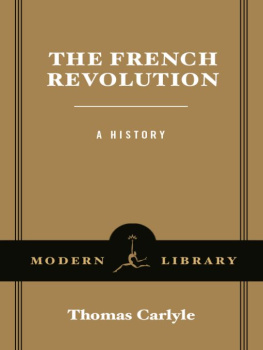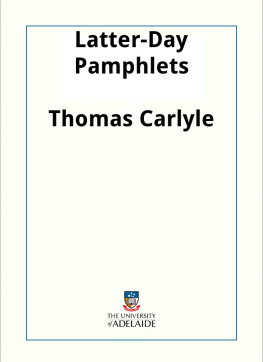First published in 1943 by George Routledge & Sons Ltd.
This edition first published in 2017
by Routledge
2 Park Square, Milton Park, Abingdon, Oxon OX14 4RN
and by Routledge
711 Third Avenue, New York, NY 10017
Routledge is an imprint of the Taylor & Francis Group, an informa business
1943 F. A. Lea
All rights reserved. No part of this book may be reprinted or reproduced or utilised in any form or by any electronic, mechanical, or other means, now known or hereafter invented, including photocopying and recording, or in any information storage or retrieval system, without permission in writing from the publishers.
Trademark notice : Product or corporate names may be trademarks or registered trademarks, and are used only for identification and explanation without intent to infringe.
British Library Cataloguing in Publication Data
A catalogue record for this book is available from the British Library
ISBN: 978-1-138-69658-7 (Set)
ISBN: 978-1-315-52405-4 (Set) (ebk)
ISBN: 978-1-138-68008-1 (Volume 2) (hbk)
ISBN: 978-1-315-56364-0 (Volume 2) (ebk)
Publishers Note
The publisher has gone to great lengths to ensure the quality of this reprint but points out that some imperfections in the original copies may be apparent.
Disclaimer
The publisher has made every effort to trace copyright holders and would welcome correspondence from those they have been unable to trace.
First published by GEORGE ROUTLEDGE & SONS LTD. Broadway House, 68-74 Carter Lane, London, E.C.4, 1943
To
IVOR F. GIBSON
THIS BOOK IS PRODUCED IN COMPLETE CONFORMITY WITH THE AUTHORIZED ECONOMY STANDARDS
PRINTED IN GREAT BRITAIN BY HEADLEY BROTHERS 109 KINGSWAY, LONDON, W.C.2; AND ASHFORD, KENT
Preface
THIS book is not a biography; neither is it a psychological study. It is something which participates in the nature of both: call it a psychography. It does not attempt to re-tell the story of Carlyle's career or habits; still less does it enter into the no doubt fascinating question whether it was his Calvinism, his dyspepsia or Jane that accounted for the gloom which he himself attributed to the misery of the working-class. (As a matter of fact, my opinion is that the misery of the working-class was responsible.) But my object has been to discover and discuss those convictions which Carlyle believed to be of importance for his time; and, as the best means of approach, to show how he came to entertain them.
In doing this I have, deliberately, concentrated attention on the works which he himself regarded as containing all that was essential to his message: that is, the standard collection issued during his old age. I have drawn little on the Letters, Journals, Reminiscences or other fugitive and posthumous publications, interesting and often beautiful as many of these are. There is always a danger that interest in the personality of a great manin itself a natural, and sometimes laudable thingmay serve to obscure, rather than emphasize, the true source of his greatness. Neither have I made much reference to the literature which has grown up about Carlyle. With a few exceptions, such as the masterly biography by Mr Emery Neff to which I owe a particular debt of gratitude, it must be confessed that a great deal of this makes very unedifying reading.
Particularly noticeable in this respect are the verdicts of the fashionable intelligentsia of our own day. A writer in The Great Victorians, for example, concludes that Carlyle must have been a confused thinker, because he, the writer, finds him confusing. To some of us an alternative explanation suggests itself. Another fashionable intelligence (it is not easy to distinguish between the individual members of this class) discovers in Carlyle little more than 'an inspired quack and charlatan' and points out that, whatever else we may go to his books for, 'we do not, I am sure, go for Carlyle's doctrine'a remark amply confirmed, in this case, by the references to that doctrine which follow. Once again the presumptuous thought asserts itself in the mind of one who has sought to understand and learn from a great writer (even a classic) that the 'do not' of the fashionable intelligentsia may not be quite the equivalent of 'should not'.
Be that as it may, Carlyle's doctrine certainly does not lie on the surface. To penetrate to the heart of it is no easy matter even for one not pre-convinced of its falsehood; for one who is, it is impossible. His books are full of brilliant intuitions, psychological, historical and social, brilliantly conveyed; the coherent world-view to which they belong is nowhere explicitly formulated. His quick-sketches are bursting with light and colour; the composition into which they might have been introduced is left largely to conjecture.
'Passages there are that come upon you like splendour out of Heaven; bursts of radiance, illuminating the very heart of the thing: you say, "That is true, spoken once and forever; wheresoever and whensoever there is an open human soul, that will be recognized as true!" ' His own words upon Shakespeare seem to me applicable to himself. Such passages as these, once apprehended, cannot be ignored; they will dog you week by week until, brought to bay, you are compelled in sheer self-defence to demand their purport, and what the relation between them: for they will often seem to contradict one another, though their messages are signed in the same hand and exhibit the same loops of sincerity.
The price they demand for an answer is nothing less than admittance to your household. It is at this point that you are faced with the alternative of ceasing to be an open and becoming a closed human soul. But, on the whole, and considering the closed souls around, it usually seems more tolerable to stay open: even though the accommodation of these importunate strangers may be no comfortable affairif it were, we should not have hesitated nor others refused. It may mean that the whole building, which till now had seemed so substantial and adequate to every emergency, will have to be pulled down and rebuilt on a different design; the present tenants have either to adapt their ways to the newcomers or look for a lodging elsewhere. For there is no end to these reconstructionsand the oldest tenants are often the most averse to change.
Well, this book is the rough sketch of a new block. The reader will probably notice a good many windows still missing, and here and there a whole gable as yet untiled; but the arrangement seems to be sound in the main, and the new lodgers are settling down quite happily, thank youthough of course they make more work, and sometimes involve you in rows with the neighbours too, especially those who turned them away before. Not that we were able to take quite all of them inoh no! There were just a few that didn't seem able to get on even with their own party, and how old Mr Carlyle managed to keep them all down there in Chelsea without them flying at each others' throats is more than I can make out. But there, even they told us a thing or two worth knowing before we packed them out-of-doorsand it all helps you to know another time, doesn't it?


